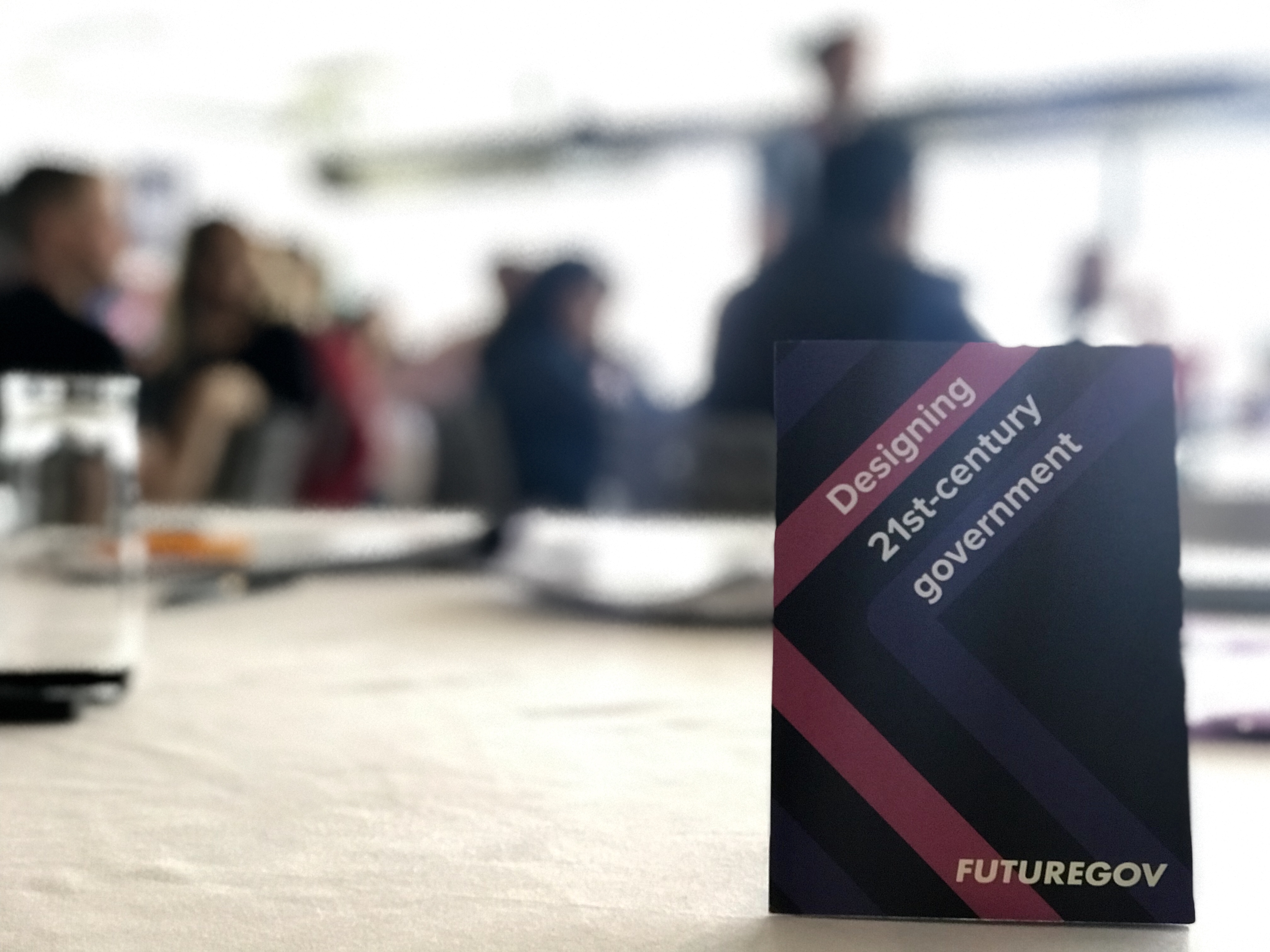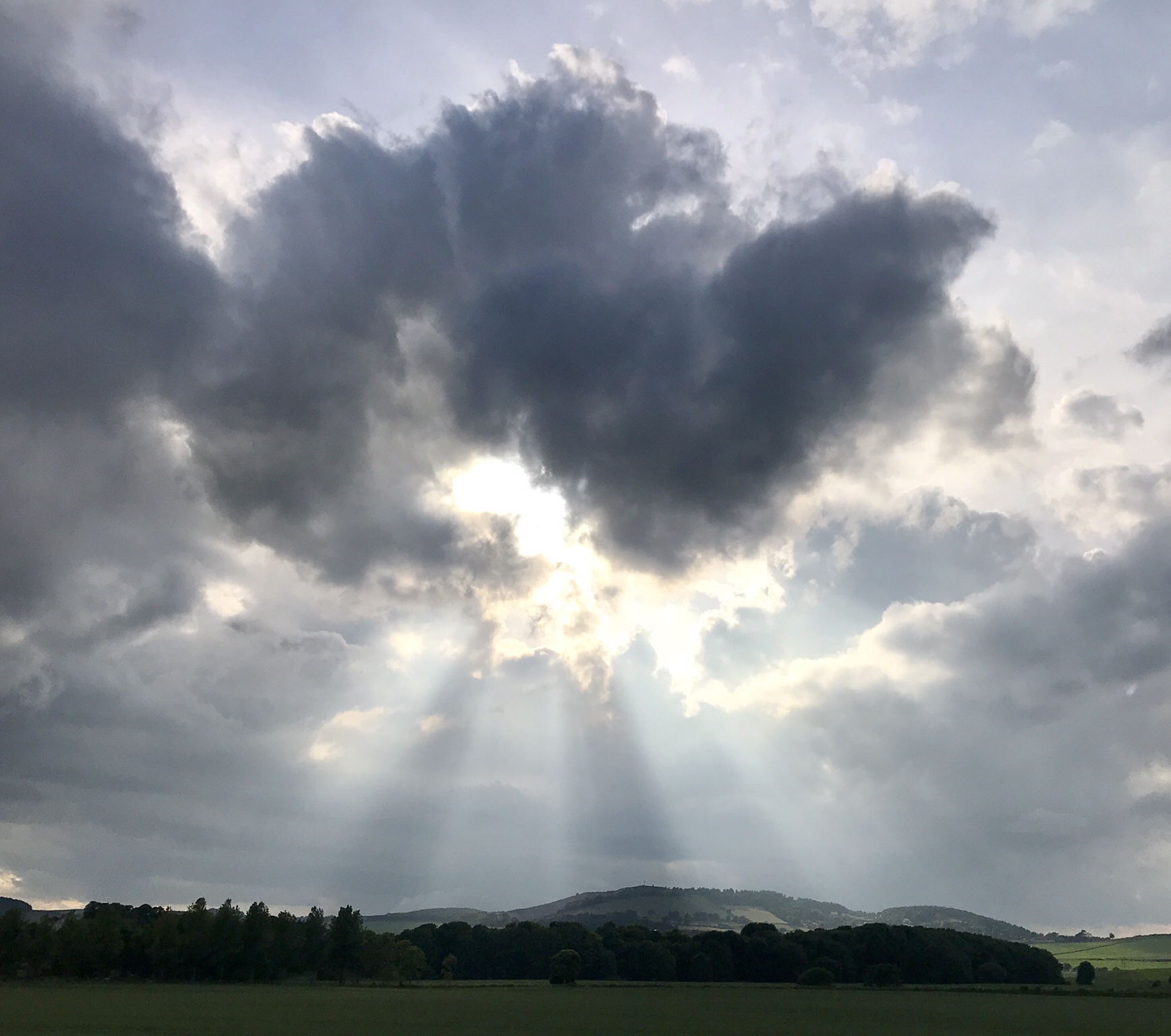Falling in the Time of Coronavirus
We fall so that we can get up. That’s all anyone needs to know about themselves or each other. If only it was more common to experience falling together, easier to hold on to that shared experience. To be less alone when it happens to us. Less oblivious that it happens to others.
I lie there. Again. On the ground. Wondering what damage has been done this time. Checking off what hurts. My first thought – my face… that crack. I’m not unconscious. My head hurts, my shoulder, my leg. That noise was not good. Was it my nose? But my nose doesn’t hurt. It must be my cheek.
Yes, my cheek and chin. They’re starting to ache now. Some tears must have gathered, and I realised there is some scraped skin. A cut? I can’t feel blood, just the discordant song of salt water on tender skin right underneath my eye snapping me to attention.
At home I get complacent. I am in familiar territory, short routes from one wall, one piece of furniture, to another to aid my movement. I am not ashamed here to hold on to things as I haul my truculent left leg about, wobble and stagger towards my destination. At home I don’t have to pretend.
A pattern has become clear – from my early days when falling outside was the norm, to these later years when indoors is the site of my undoing. But oh why here in the garden, now, just after the forgiving wooden deck had been replaced by limestone slabs? As the vertical slides towards the horizontal a seemingly endless litany of regret and self recrimination plays out in my mind.
It takes so long, the fall. The moment of realising my leg has gone. The endless acquiescence to gravity. I was only up one step, but as I fall all I can think of is ‘why?’. Why did I not pay attention to where my leg was? Why did I go up this one small step just to tend to a pot plant? Without my crutches or even a stick.
I can feel my head moving faster than my body now, my right leg still planted on the step, my left leg god knows where. It’s been lost to me these last years. I accept now, in the way of all resigned acceptances, in those long nano-seconds of flight, that my head will land first. I curse my luck finally failing.
All these years of falling and I have until now managed to avoid serious head injury. Other parts of me have been less lucky. But it’s this I have always feared. To fall down stairs (though at least it is only ‘a’ stair!). To hit my head. To hit my head falling down stairs.
This is my fate now. That I know. Like in every other fall since MS became my constant companion, my disease will not grant me the luxury of hands swiftly stretching in front to cushion the body blow. There will be no bruised and bloodied palms or bent fingers at the end of this. All MS will grant me is a rather unhelpful stiffening of body.
Gravity and the fact that I was turning to go back down the step do grant me one kindness however; my head is turned to the side, not straight on to the ground, when I land. But I am too busy noticing that ominous cracking noise as I land to register that at first.
How long is it, from impact, to shock, to awareness? I never know. Just that one minute my mind is a blur of awareness, recognition, recrimination and finally acceptance of falling and the next, I am surveying my fallen state.
This stone is rough against my aching cheek. The pain starts to kick in. My mind circles anxiously about that cracking sound in my face as a landed. I can’t feel blood, and I am sure I was not unconscious, at least as sure as I can be. I am alone.
No one can hear me. Doors and windows are closed. I could shout I suppose, but I don’r care to. I am so tired of these moments when all my carefully managed pretence of normality falls away and I am just another disabled woman fallen.
I don’t want the discovery, the questions, the debates about whether I should call a doctor. The slow journey from prone on the floor to prone on my bed. There have been so many. But this time, maybe it’s the warm sun, the peace of the garden, or simply the shock of realising that my worst fear has been survived – but this time I am happy to lie here a little longer.
Gingerly I survey my limbs, slight movements to test for damage. Unlike the last time, when ligaments and muscles ripped, it feels like this time I have been excused that. This time instead I can feel bruising and scrapes, even as I lie there my face and leg are swelling around impact sites. It hurts, but not with the excruciating agony of a twisted limb. There is one, my left ankle, but I won’t realise that till later when I try and bear weight. A by-product of MS depriving me of most sensation in that leg.
I lie there. Somehow comfortable in the aftermath of my greatest falling fear. I have survived. I am pretty confident now I was not unconscious. Though I’m worried I may have broken something the lack of blood and excruciating pain signals a lucky escape. As with so many other MS firsts – the thing I dreaded has passed unremarkably enough. Alone in the garden, on the ground, I feel a mixture of foolishness, pain, and relief.
The sun is still warming my skin, the birds still singing. The physical check done I start to contemplate the getting up. I fall enough to know to take it slowly. To know that the only thing that matters more than getting up is how you get up. Too fast, more damage could be done. Too thoughtlessly, and the new state, the new needs, of the changes a fall will always write on a body will not be grasped and responded to. Too slowly and confidence might be drowned, muscles atrophied. And alone, it will always be harder. Riskier.
I know I should really call for help. But I want to be alone with this a bit longer. To just lie here, fallen, a bit longer. I ease myself on to my back – watch a plane fly overhead. Feel strangely comfortable. Maybe it’s the lockdown. Maybe I will always think of this as ‘the fall in the time of the coronavirus’. It seems different. It seems somehow ok to be here. Less shocking, less shameful, less frightening than normal.
It doesn’t feel so strange, so different, to be lying a bit battered and bruised at the foot of the steps in my garden. In this strangest of times, this coronavirus time, to fall seems less a freakish occurrence than just another manifestation of a world upended. We are all fallen now. All stripped of the pretence of normality.
Somehow, to fall in this time, to fall in the time of the coronavirus, I feel less alone. There is a crowd laid low with me. You are here laid low with me. We are all fallen. All wondering how to get up, and what will happen when we do.
Maybe as this time fades we will forget that we once knew what it was to be here. But maybe more of us will find common purpose in remembering that falling is just the necessary precursor to getting up. That all that really matters is that we do get up, and how.
I was ready eventually to call for help. To be helped. A quick trip to hospital to check nothing broken. A watchful friend to keep eye for any signs of concussion. Bruises and scratches soothed with tea and distraction. Confidence rebuilt with stern self talk and kindly reassurance and encouragement from others.
I hope that perhaps now we too are all ready to call for help. To be helped. Coronavirus was the fall. But the getting up is what will determine the outcome. And for that we need each other. We fall, we get up, we help, we are helped. The story of humanity in ten words.






